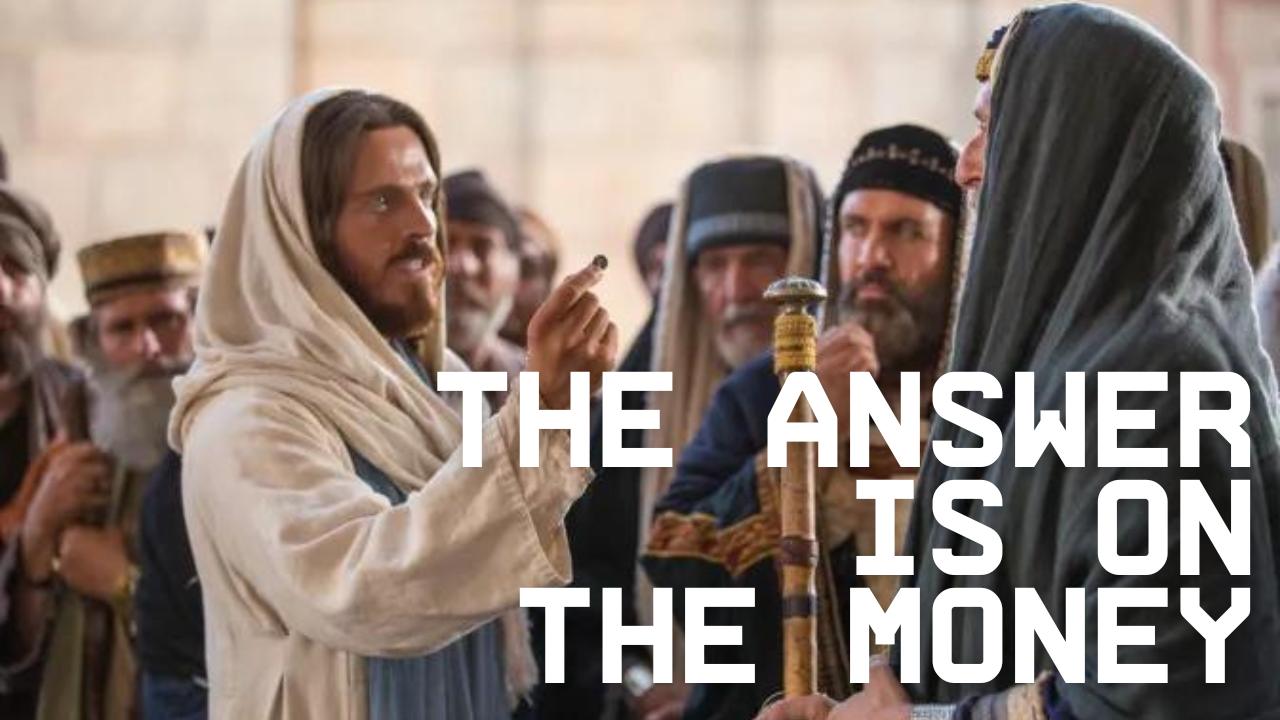
Where Is The Answer?
Humanity’s brilliance and ignorance can coexist in intriguing ways. Our capacity for innovation and creation is remarkable, yet we often stumble over simple matters. We live in a world of certainties: human intelligence and human ignorance. Both are bound by the mind’s incredible power, which can be both constructive and destructive. In Mark 12:30, Jesus instructs us to love the Lord with all our heart, soul, mind, and strength. Today, we explore the depth of loving God with our minds.
The Power of the Mind
The mind is a double-edged sword, capable of incredible creativity and equally potent destruction. Last week, we delved into the battle for our souls, and today, we recognize that the battleground often shifts to our minds. Proverbs 23:7 reminds us that our thoughts shape our reality: “For as he thinks within himself, so he is.”
Loving God with Our Minds
Loving God with our minds entails embracing godly perspectives and expanding our knowledge of Him. It’s about cultivating a thought life that aligns with His truth. Our minds are the gateway to understanding, reason, and knowledge. By loving God with our minds, we enrich our relationship with Him through the lens of intellect and wisdom.
The Connection between Money and the Mind
In our journey to explore this concept, we’ll examine a story from Mark’s Gospel. Interestingly, this series of stories all revolves around a common theme: money. Money, often a challenging topic, carries profound implications. It reveals our values, priorities, and how we perceive worth.
Unraveling the Complexity of Money
Diving into an economic lesson, we discover that money takes three forms: commodity money (valuable due to utility), representative money (represents value), and fiat money (established by authority). Money, in essence, is an idea. Its value is rooted in collective agreement. Money wields a significant influence on our thinking, interactions, and identities.
A Deeper Look at Mark 12:13-17
Examining Mark 12:13-17, we encounter a pivotal story that unveils the intersection of money, allegiance, and worship. Jesus is confronted by a group attempting to trap Him using a controversial question about taxes. But this encounter isn’t just about money—it’s about idolatry. The Pharisees and Herodians collaborate to entrap Jesus, posing a question with deep spiritual implications.
Tribute to God vs. Tribute to Caesar
The question at hand isn’t solely about taxes but rather whether to pay tribute to Caesar. Tribute involves much more than financial contribution; it delves into worship and allegiance. Jesus’ response to “Give back to Caesar what is Caesar’s and to God what is God’s” forces us to assess our allegiances. He points to the image and inscription on the coin and challenges us to recognize the image and inscription on ourselves.
The True Image and Inscription
Unlike Caesar’s uniform coins, God’s creation is diverse and unique. We bear the image of God, crafted with care and intention. Only the Creator can claim His creation. Loving God with our minds means aligning our thoughts, values, and allegiances with His truth.
Conclusion: Giving God What is His
The profound answer Jesus provides is not just about money; it’s about giving God what is His—our whole selves. Love God with your heart, soul, mind, and strength. The mind, as a vessel for thought, holds tremendous power. It’s a tool that can either hinder or enhance our relationship with God. Let us choose to love Him with our minds, to think godly thoughts, and to align our perspectives with His truth. As we navigate life’s complexities, may we always remember that the answer is on the money—it’s in giving God all that we are.
Related Blog Posts
In this blog post, we will explore the parallels between the movie “Shawshank Redemption” and the hope found in Jesus Christ.
In a world full of battles and struggles, where each of us fights our own unique fights, it is essential to find strength and hope to endure.

